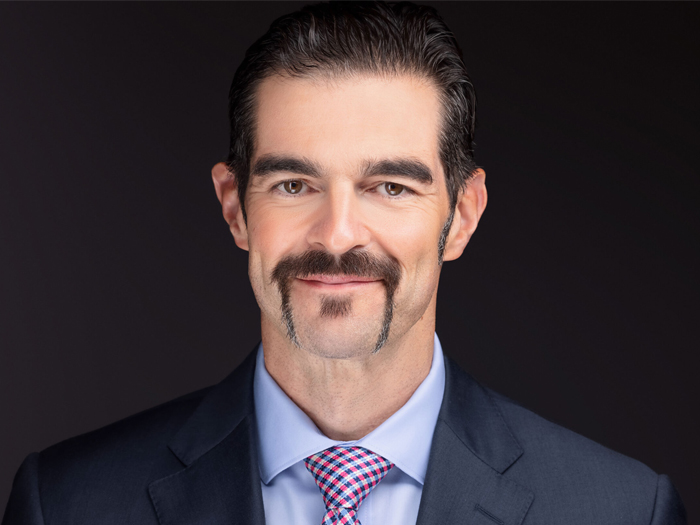Opinion | Workers’ Comp Is Capable of Ameliorating the Spanish-Speaking Nurse Shortage. So What Are We Waiting For?
It’s said, often enough, that what is born in general population health care eventually makes its way into the workers’ compensation insurance field.
I don’t know if that’s true, or even worth arguing about, but here’s an idea for flipping that script.
As many of us know, health care is under extreme pressure right now. The pandemic has battered health care workers, if not making them physically ill then burning them out to the point that they become mentally ill.
A recent story on the Risk & Insurance® website delved into another troubling reality. Workers’ comp is facing a dire shortage of nurses who speak Spanish. This is resulting in a regrettable imbalance in the quality of care for injured workers who speak Spanish.
Many Spanish-speaking natives and immigrants to this country work in dangerous professions such as meatpacking and construction. Imagine how difficult the workers’ comp system would be to navigate for someone who has been grievously injured yet doesn’t speak the language of the person providing them with health care.
We know case management provided by a qualified nurse is a solid plank in the platform of a good workers’ comp risk management program. Now consider that census data shows that the population of Hispanics in the U.S. grew 23% since 2010, yet only 5% of nurses in this country speak Spanish.
I propose the following: That workers’ comp insurers, brokers and vendors pool their resources and act as the spearhead to establish teaching hospitals specifically for Spanish-speaking nurses here in the U.S.
Rather than be a moment where the industry balks at a daunting obstacle, this can be a moment where the insurance industry shows the world exactly what it is and what it is made of.
We know the insurance industry is comprised of people who have a vested interest in restoring a livelihood and a sense of dignity to those who have suffered a loss. We also know the U.S. has a track record of building some of the greatest educational institutions the world has ever known, many of them health care-focused. The University of California system, Harvard University, Duke University, Johns Hopkins, and the University of Chicago come to mind.
But there are hundreds of others.
That’s something our country should be proud of and consider building on, now in a more vocationally focused way. Workers’ comp need not bear the burden of building Latin American nursing schools on its own. But it could be the force that shows the world this idea can become a reality.
Perhaps, once workers’ comp showed the way, the economic and intellectual resources of general population health care would join in and follow.
Rather than buckle in the face of the xenophobia that grips so many unfortunate souls, workers’ comp could rise up and become the light that creates a safer, more inclusive world. People immigrate to this country because we are, still, a Democracy that offers tremendous opportunity. Building Latin American nursing schools would provide a pathway to a meaningful career for tens of thousands of people.
The short-term costs of establishing this kind of beachhead would be significant. The long-term benefit possibly incalculable. I think it’s a concept worth thinking about. &










